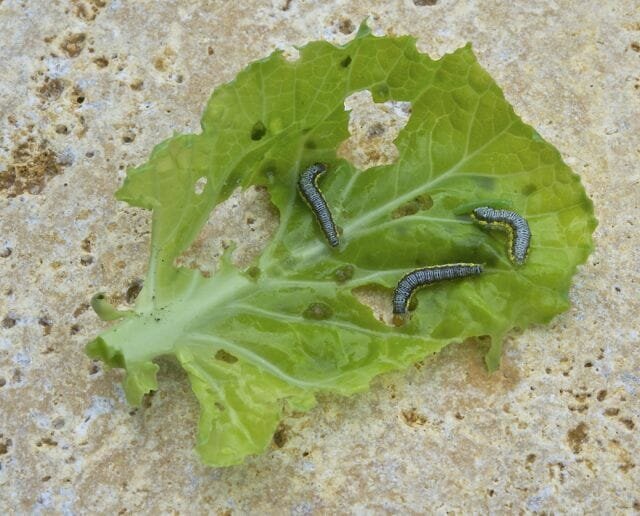To protect your garden against pests it helps to know who they are, because not all bugs and insects are bad. Bees pollinate your plants, for instance, and spiders eat up several of the bugs that can spoil a garden. To help you sort it all out, I've put together a quick intro to the pests you don't want hanging around in your garden, and tips on how to keep them away. For specific guidance on how to treat pests with soap, Neem oil, and other organic repellants, read How to manage pests organically.
Read MorePest populations can explode even if you keep your soil healthy and maintain a balanced garden ecosystem. Pest management is a natural part of growing plants and occasionally gardeners need to rely on external control measures like spraying pesticides. Organic gardeners shy away from using pesticides for some very good reasons. Sprays, particularly if they are not organic, can kill beneficial bugs and insects, like the bees that pollinate your raspberries or the insects that cycle nutrients through your soil. Pesticides also find their way into the food chain because plants absorb chemicals through roots and leaves. Fortunately you can mitigate the risk of using pesticides by relying on ones certified for organic use, which tend to be derived from plants or bacteria.
Read MoreNobody wants to share the fruits of their labor with bugs. You can deal with them by spraying organic pesticides, setting traps, and picking off bugs. You can also cultivate a healthy, diverse set of plants, which helps resist pests. But another way to manage pests is to match your strategy to your pests.
Read More


